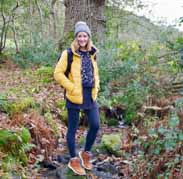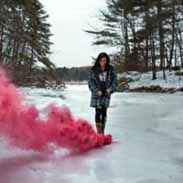Voting Behavior Flashcards, test questions and answers
Discover flashcards, test exam answers, and assignments to help you learn more about Voting Behavior and other subjects. Don’t miss the chance to use them for more effective college education. Use our database of questions and answers on Voting Behavior and get quick solutions for your test.
What is Voting Behavior?
Voting behavior is a term used to describe how members of the public cast their votes in elections. It includes factors such as who people vote for, where they vote and why they choose certain candidates or parties over others. Voting behaviors are studied by political scientists in order to gain insight into the attitudes and beliefs that influence how people decide which candidate or party to support. This type of analysis helps us understand what motivates people when making choices at the ballot box, as well as informing electoral strategies adopted by politicians and parties.There are many different factors that contribute to voting behavior, including political ideologies, personal values, socio-economic status, education levels and media exposure. Political ideology is an important determinant of voting decisions; for example, some voters may identify strongly with a particular party’s philosophy or position on key issues like healthcare or immigration policy. Personal values also play an influential role; those with religious convictions may tend to favor candidates from their faith group while those who prioritize economic concerns might opt for candidates offering more tax cuts or job growth promises. Socio-economic status can be another factor; lower income individuals may lean towards more left-leaning policies while wealthier individuals might prefer right-leaning policies focused on business interests. Education level can also affect voting habits; typically higher educated citizens have greater knowledge of politics and current affairs which could lead them towards one candidate over another. Media exposure can shape our opinions too; if we receive information through television news reports it could sway our views significantly compared to if we were relying solely on print sources like newspapers or magazinesIn conclusion, understanding voter behavior is essential not only for successful election campaigns but also for gaining insight into democratic processes around the world allowing us to better comprehend why individuals make certain decisions at the polls each year.

























